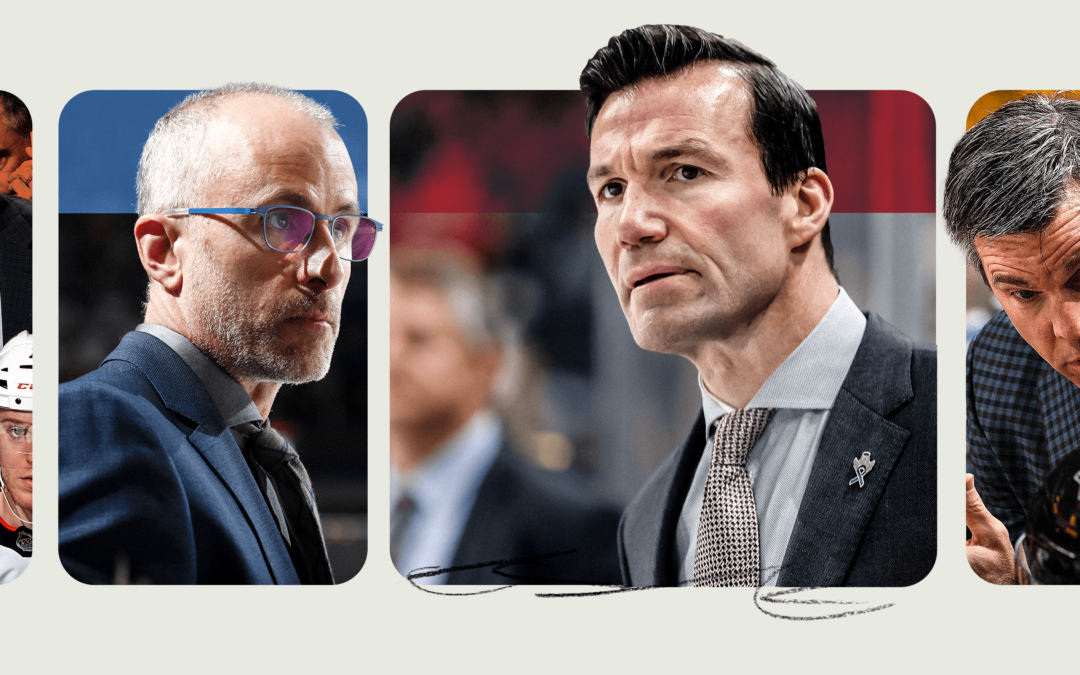By Mark Lazerus (The Athletic)
It’s 5 a.m. on game day. The alarm blares. Blackhawks head coach Luke Richardson doesn’t hit snooze. He doesn’t linger in bed to check his email, knock out the Wordle or doomscroll. It’s up and at ’em. Sometimes, if he’s feeling frisky, he’ll sleep in till 5:45, but no later. It’s a quick wash of the face and brush of the teeth, then he’s out the door and at the United Center no later than 6:30. After a workout, he showers, grabs a bowl of cereal or a shake, and he’s ready for his coaches’ meeting at 8 a.m.
Being an assistant coach in the NHL is a pretty sweet gig. You get paid less than the top guy, for sure, but you also get fewer hours, fewer meetings, fewer non-hockey responsibilities, fewer headaches. Not to mention a heck of a lot less pressure. You also get to spend more time with the players. You’re on the ice longer. You’re in the locker room more often. You’re a teacher, a sounding board, a shoulder to cry on.
In short, you’re a coach.
And Luke Richardson loved that job.
“It’s the closest thing to being a player,” he said. “Because you’re there and you spend lots of time with the players, you do one-on-one work with the guys physically and mentally and verbally. I enjoyed that contact.”
But there was no doubt in his mind he wanted to be a head coach in the NHL. Even before his 21-year NHL playing career was over, Richardson started imagining himself in the position, standing tall and proud in a well-tailored suit behind the bench, barking orders and patting backs and clutching a rolled-up scouting report in his fist. He wasn’t the wonkiest player, but he had a knack for the X’s and O’s, and he loved it when a coach got technical in his breakdown of an opponent. As an assistant, his players loved and respected him for his experience, knowledge and passion. He was ready.
But while there are more than 700 NHL jobs for players, and more than 100 jobs for assistants of various types, there are only 32 head coaches. It’s a tough job to get and an even tougher job to keep. Some head coaches skip the line, as Martin St. Louis did in Montreal. Countless head coaches are retreads who flamed out or fell out of favor in other cities. But every now and then, a longtime assistant breaks through.

Recent Comments